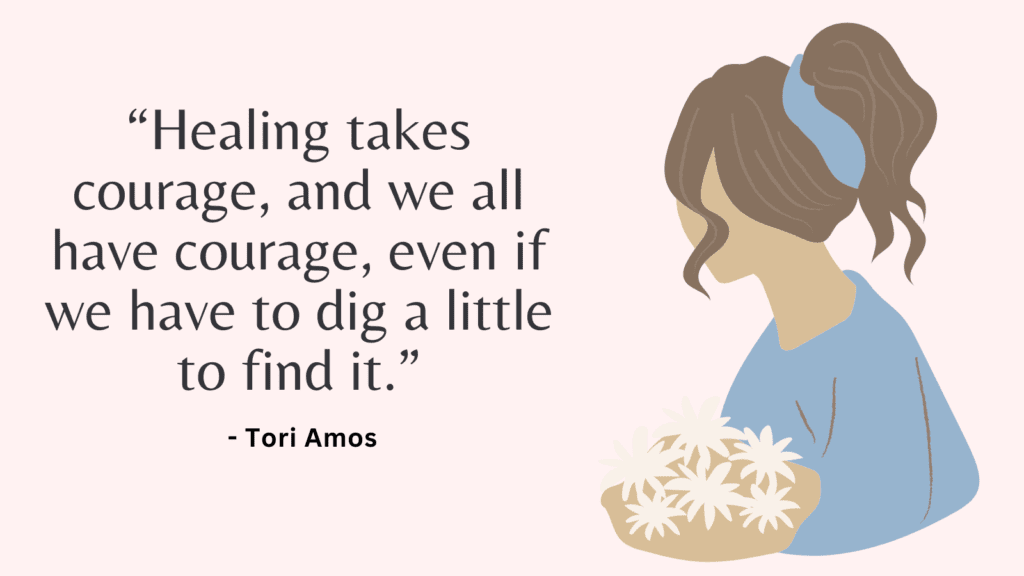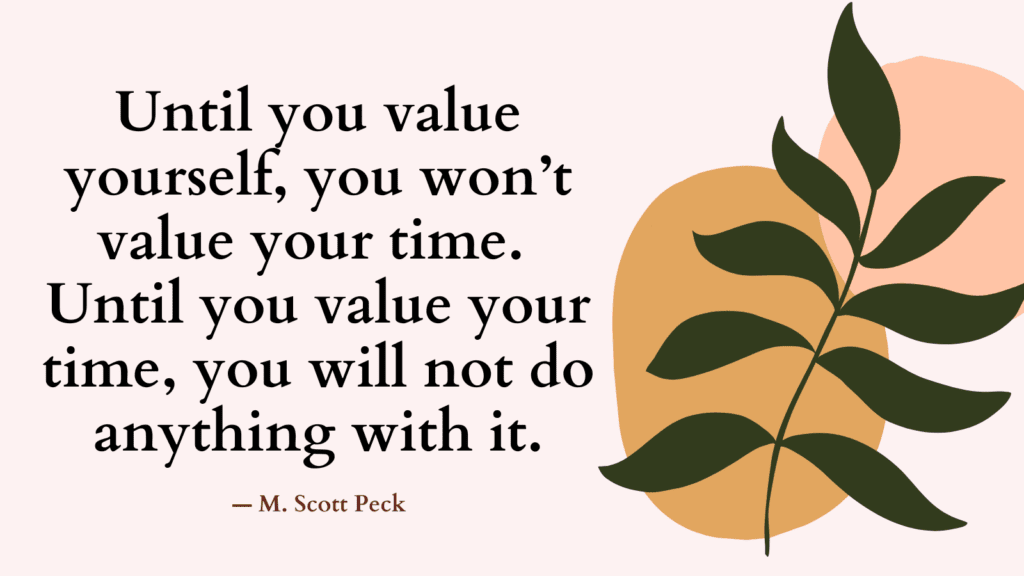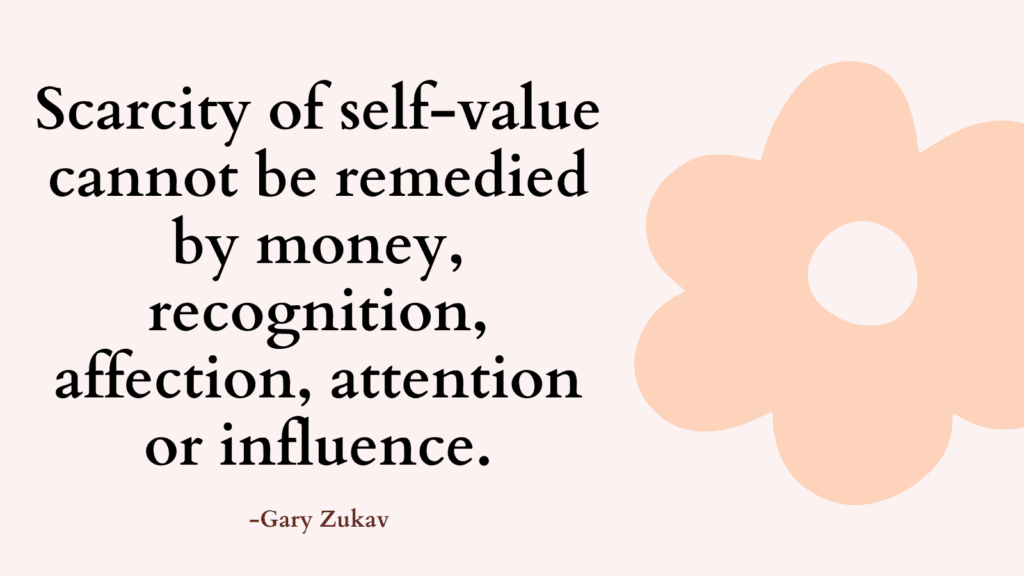This post contains some of the best affirmations for anxious attachment to help you on your healing journey.
Attachment Style
Back in the 1960s, John Bowlby (1907– 1990) a British psychoanalyst named developed the Theory of Attachment to help explain how people connect to others emotionally.
The theory explains two ways of relating to others: securely and insecurely.
People with secure attachment style are comfortable with intimacy, capable of soothing themselves, and are good at communicating their feelings and needs.
People with insecure attachment style include “anxious preoccupied style”, “dismissive avoidant” and “fearful avoidant”.
Related: How To Heal From Anxious Attachment Style In 5 Steps
Anxious Attachment Style
People with anxious attachment style share many of the following traits:
- Are overly dependent on their relationship.
- Believe they must work hard to keep their partner interested or earn their approval.
- Struggle with a constant need for closeness.
- Display controlling behavior that is often indirect and that aims to make their partner prove their love and loyalty.
- Feel unhappy being single.
- Find it difficult to express their needs and feelings.
- Feel uncomfortable receiving true intimacy.
- Have an unrealistic view of how a relationship should be.
- Are highly jealous.
- Are hypersensitive to their partner’s moods and actions.
- Would let their partner make the rules and set the tone of the relationship.
- Often adopt their partner’s interests to increase closeness.
- Are over-giving to their partner, and quick to dismiss their own needs.
- Have a poor sense of boundaries within a relationship.
- Are often preoccupied with fear of abandonment.
- Require frequent reassurance of partner’s commitment/care.
- Can find it difficult to give a partner healthy space.
Related: Top 18 Journal Prompts For Anxious Attachment
Affirmations For Anxious Attachment
1. I trust that I can handle whatever comes my way
2. My feelings are valid
3. I am worthy of being loved
4. I focus my energy on my personal goals and interests
5. I deserve to be loved and respected
6. I deserve to have my needs met
7. I feel secure in my relationship
8. I’m entitled, as much as everyone else, to following my own values and beliefs
Related: Best 10 Books On Healing Anxious Attachment
9. I’m entitled, as much as everyone else, to asking for help and emotional support
10. I can pursue separate interests without my partner and feel fulfilled
11. I communicate my feelings in a healthy way
12. I am independent and confident
13. I have fun with all of my endeavors, even the most mundane
14. I love my partner exactly how he/she is and enjoy his/her unique qualities
15. I have healthy boundaries with my partner
16. My partner and I communicate openly and resolve conflict respectfully
17. I inhale confidence and exhale insecurities
18. I live in the present and enjoy every moment
19. I attract only positive, secure people
Related: Anxious Preoccupied Attachment Style (What Is It & How To Overcome It?)
20. I have integrity. I am totally reliable
21. I act from a place of personal security
22. I fully accept myself and know that I am worthy of love
23. I accept and embrace all experiences, even unpleasant ones
24. I fill my mind with positive and nourishing thoughts
25. I nourish my body with healthy food
26. My world is a peaceful
27. I surround myself with secure people
28. My work environment is calm and peaceful
Related: Top 9 Avoidant Attachment Triggers (+7 Tips On Overcoming Avoidant Attachment Style)
29. I am free of anxiety, and a calm inner peace fills my mind and body
30. I am fully present in all of my relationships
31. I am unique
32. I feel good about being alive and being me
33. I find deep inner peace within myself as I am
34. I have the right to ask for what I want
Related: Do I Have Relationship Anxiety Quiz
35. I have the right to be angry at someone I love
36. I have the right to expect honesty and respect from others
37. I have the right to feel safe, and be in non-abusive relationships
Related: Best 10 Anxiety In Relationship Books
38. I have the right to be healthier than those around me
39. I am thankful for all that I have
40. I am secure and safe
41. I improve my life by changing my thoughts
42. I deserve to be gentle towards myself
Related: Top 8 Tips On How To Get Past Infidelity Triggers And Build Trust Again (+FREE Worksheets)
43. I am learning to remain calm and peaceful
44. I nurture and cherish myself
45. I have inner and outer beauty
46. My jealousy and anxiety are normal; everyone feels this way sometimes
Related: Retroactive Jealousy Test (+Top 9 Tips On How To Deal With Retroactive Jealousy?)
47. I release jealous and anxious feelings
48. I value myself highly
49. I release all strife and anger
50. I grow stronger through every difficulty
Related: Emotional Intimacy Test (+13 Tips On How To Increase Emotional Intimacy In A Relationship?)

How To Become More Securely Attached?
Developing a secure attachment style as an adult involves recognizing and addressing any patterns or beliefs that may be impacting your relationships.
Here are some steps that can help:
1. Identify Any Negative Patterns
Reflect on your past relationships, and consider if there are any patterns that have emerged (such as fear of abandonment or difficulty trusting others).
It might also be helpful to think back to your childhood and any experiences that may have influenced the development of your attachment style.
2. Challenge Negative Beliefs
Once you’ve identified negative patterns, try to understand if they are rooted in negative beliefs about yourself or others.
Are you overly critical of yourself? Do you believe that other people are untrustworthy?
Try to challenge these negative beliefs by questioning their accuracy and considering alternative perspectives.
3. Practice Self-Compassion
Developing a secure attachment style involves being kind and compassionate to yourself.
Whenever you notice negative thoughts or feelings arise, practice self-compassion by treating yourself with kindness, understanding and support.
4. Improve Communication Skills
Communication is key in any relationship.
Develop healthy communication habits by being open, honest and respectful with others.
Listen actively and without judgment, express yourself clearly and calmly, and work together to find solutions to conflicts.
5. Seek Support
If you are struggling to develop a secure attachment style, consider seeking support from a therapist or counselor who can help you explore any underlying issues and develop strategies to improve your relationships.

FAQ
How does anxious attachment develop?
Anxious attachment typically develops in childhood as a result of inconsistent or unpredictable caregiving.
When primary caregivers are unavailable or inconsistently responsive to a child’s needs, the child may develop a heightened sensitivity to separation and develop anxious attachment patterns.
How does anxious attachment affect relationships?
Anxious attachment can impact relationships in several ways.
Individuals with this attachment style may have difficulty trusting their partners, constantly seek reassurance and validation, and experience intense emotional highs and lows within the relationship.
They may also become overly sensitive to perceived signs of rejection or distance, which can lead to conflicts and difficulties in maintaining healthy, secure relationships.
Can anxious attachment be changed or modified?
Yes, anxious attachment patterns can be modified with self-awareness, introspection, and therapy.
Through therapy, individuals can gain insight into their attachment style, identify underlying anxieties, and develop healthier coping strategies.
Additionally, learning effective communication skills and building self-esteem are essential in developing more secure attachments.
Can anxious attachment affect other areas of life besides romantic relationships?
Yes, anxious attachment can influence various aspects of an individual’s life.
It can impact relationships with friends, family members, and colleagues, as well as one’s self-perception and overall well-being.
Anxious attachment can lead to difficulties in setting boundaries, establishing trust, and maintaining healthy connections with others.



